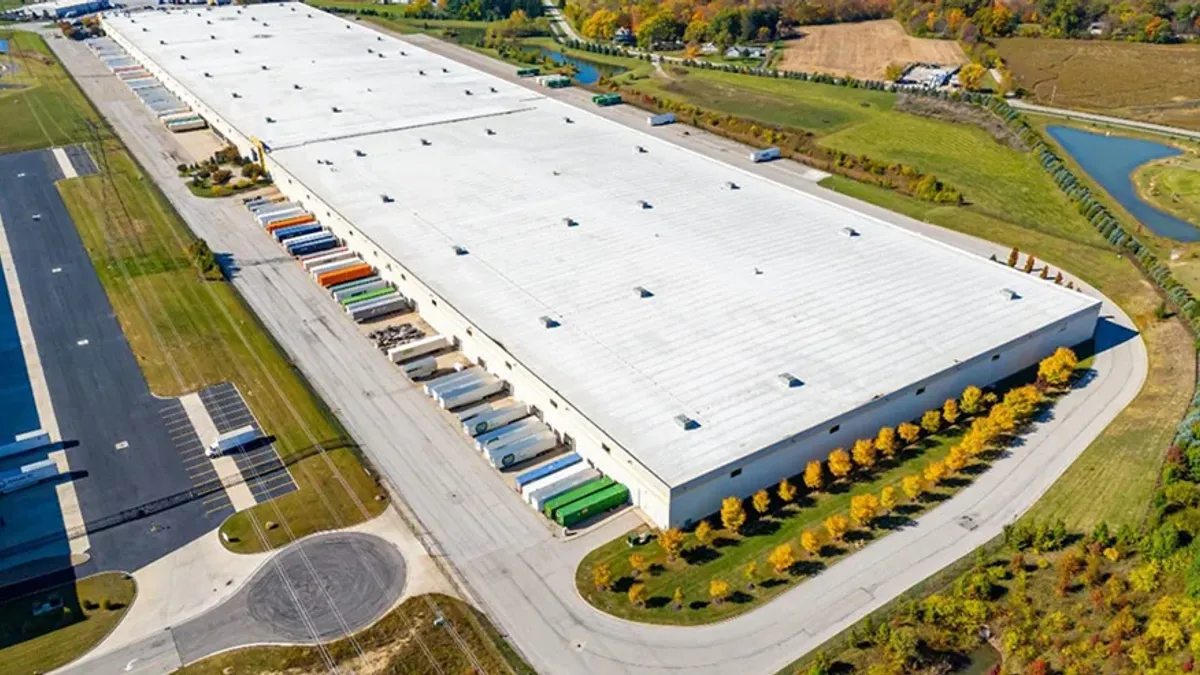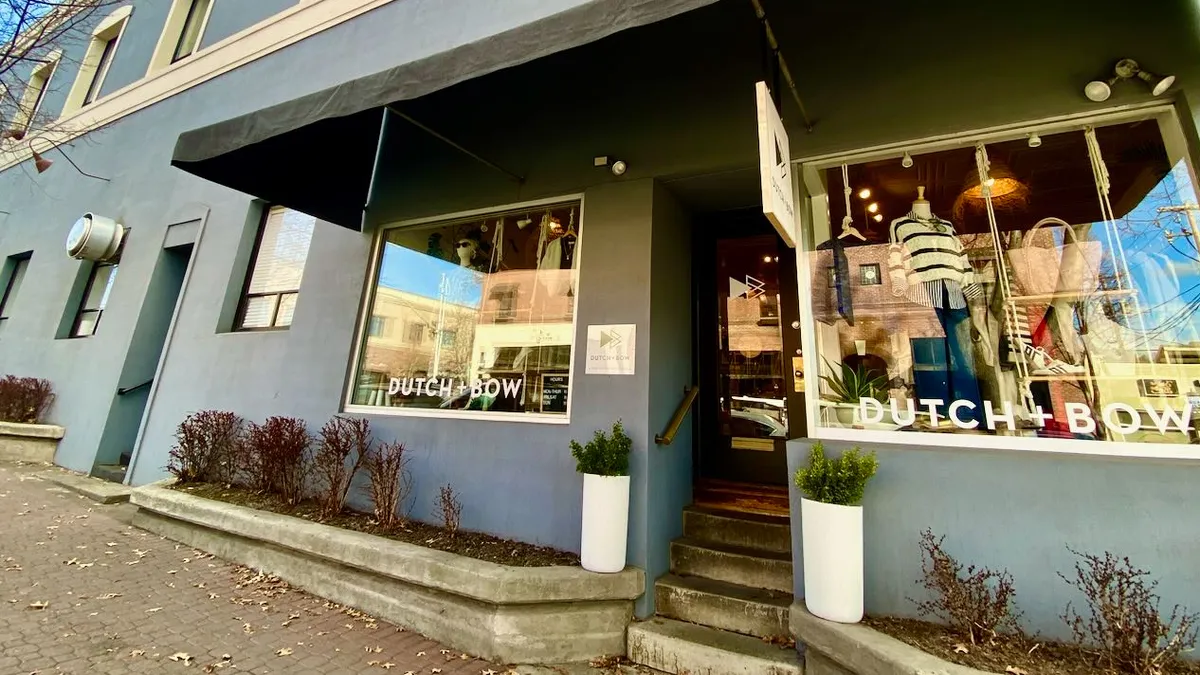Aerospace specialist Incora’s bankruptcy, filed earlier this month, serves as a stark reminder of how closely supply chains are tied to financial fates throughout an ecosystem.
Incora plays a key role in the supply chains of manufacturers and maintenance providers by supplying, storing and distributing everything from paint to lubricants to fasteners and machined parts, and more, according to CFO Ray Carney.
The company has its own supply chain as well, from which it sources from more than 7,000 suppliers to meet demand for its 8,400-plus customers, Carney noted in court papers.
Over the past year, the dollar value of late shipments from Incora’s suppliers has increased by ninefold, with on-time deliveries at around 50%, according to Carney. Average lead time for shipments of parts has doubled to 18 months from nine months.
That caused a major problem for Incora, “because its role in the aerospace industry (and some of its contracts) require it to maintain substantial inventory that manufacturers and maintenance service providers can call upon at any time,” Carney noted.
Those supply chain disruptions have been “one of the most significant drags on Incora’s financial performance over the past year,” Carney said.
Spiraling costs, falling profits
Incora was created in 2020 when private equity firm Platinum Equity combined Wesco, an aerospace hardware and service company started in California in 1953, and Pattonair, an aerospace and parts supplier founded in 1970 in England.
The combined business gets over 40% of its revenue from the U.S. military and large defense contractors, a business that has stayed stable through the pandemic, Carney noted.
But disruptions to airlines and commercial aircraft makers led to an 18.3% drop in total revenue between 2019 and 2021, and also caused a dip in margins and profits. A stoppage of Boeing’s 787 deliveries also hit the company, for which Boeing is “one of Incora’s largest sources of customer activity,” Carney said.
Supply chain turbulence in the aerospace industry — which mirrored that of other sectors, as capacity struggled to keep up with rebounding industry demand — has more recently taken a financial toll on the company.
Incora has taken on added costs because of shortfalls, in part by buying alternative supply at higher costs to fill gaps, leaning on expedited freight to move goods more quickly, and because of labor costs to turn late-arriving inventory faster, according to Carney.
Moreover, the company has had to pay higher prices for inputs as inflation spiked for raw materials, costs that Incora can’t pass on to its customers because of the timing of its contracts. Carney also said that “many suppliers of proprietary parts have exploited their position to raise prices in excess of general inflation rates.”
Incora has looked to both ends of its business for help with the liquidity crunch facing the company.
It has tried to negotiate more favorable payment terms with suppliers as well as faster payments from its customers, including British aircraft manufacturer Rolls Royce, which accounts for about 16% of Incora’s revenue. But both suppliers and customers have suffered from the same disruptions in the aerospace supply chain writ large, according to Carney.
‘It’s going to get messy out there’
The supply chain issues have been seen up and down the industry, with supply disruptions continuing of late at Boeing, Bombardier, Spirit Aerosystems and other players.
Outside data shows the stress of operational disruptions in the industry.
The collective short-term and long-term health ratings for private companies in aerospace and defense supply chains have been deteriorating steadily since 2020, according to research from analysis firm RapidRatings shared with Supply Chain Dive.
RapidRatings found that EBIDTA has fallen 16% among private companies, while cash as a share of total assets has fallen by nearly 22%. A presentation from RapidRatings found that companies in the space will either thrive and grow, fail, or survive “with problems,” and noted, “It’s going to get messy out there.”
As for Incora, the company is looking to address its debt burden — partly a legacy of its leveraged buyout by Platinum Equity. The company also aims to use the Chapter 11 process to, as Carney put it, bring “unprofitable customer contracts” in line with “current economic and commercial reality.”
“Demand for Incora’s services remains strong, and Incora is poised for growth as the commercial aerospace industry continues its recovery from the COVID-19 pandemic,” Carney said.






















